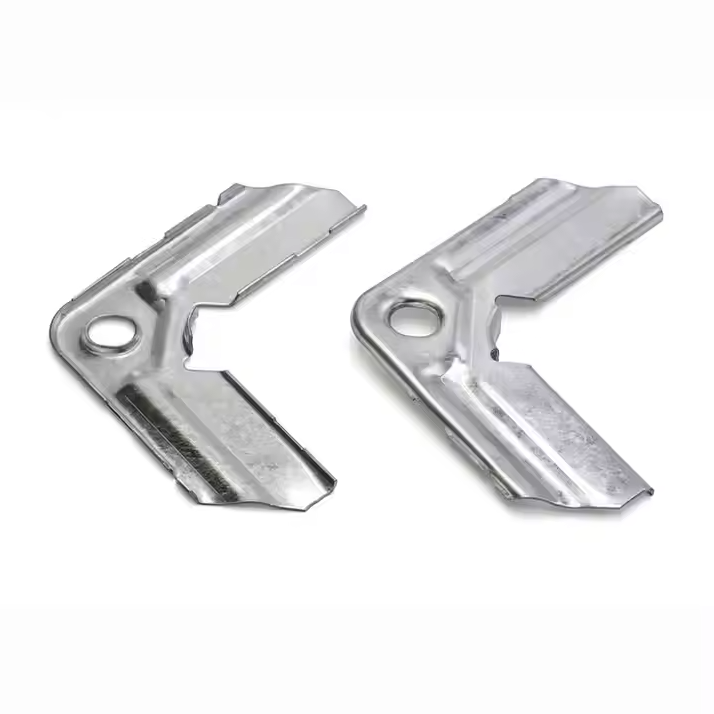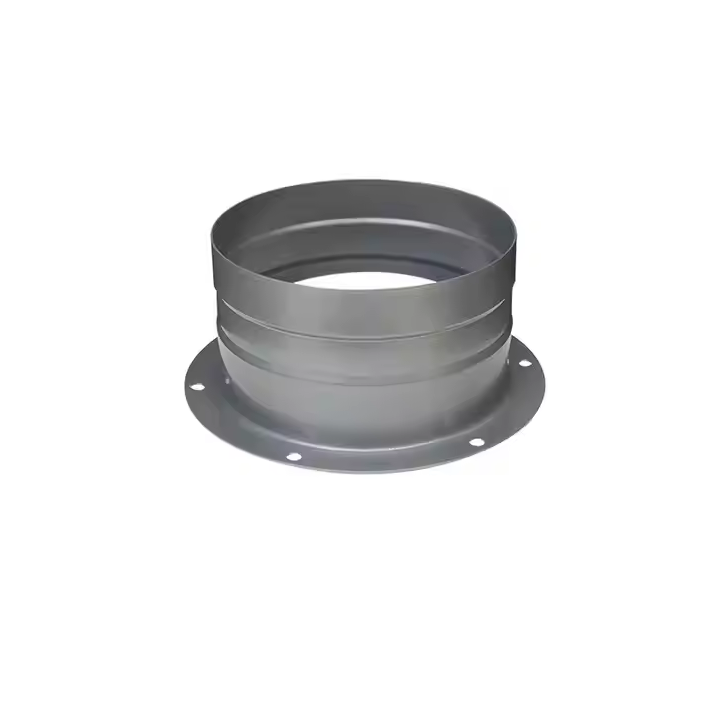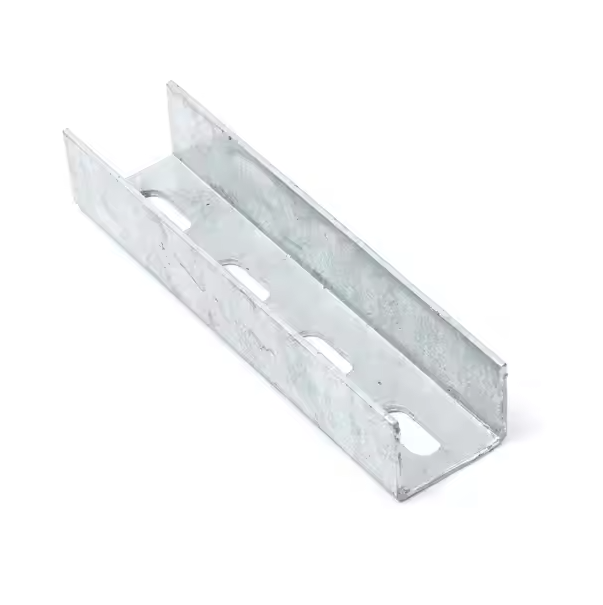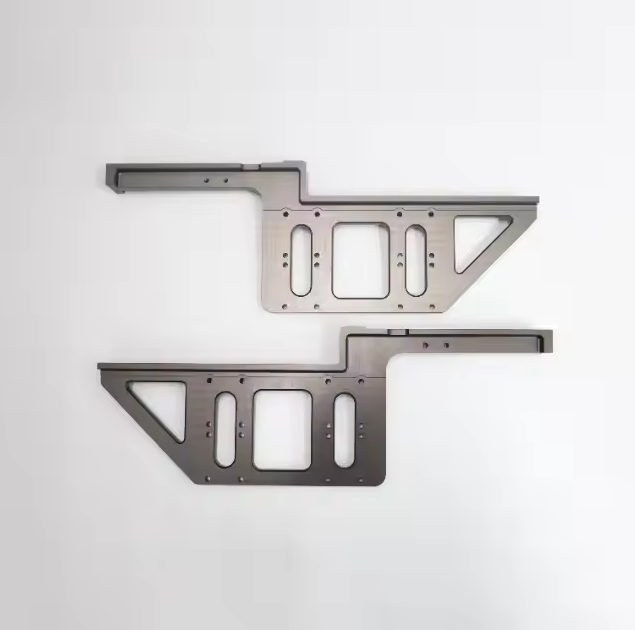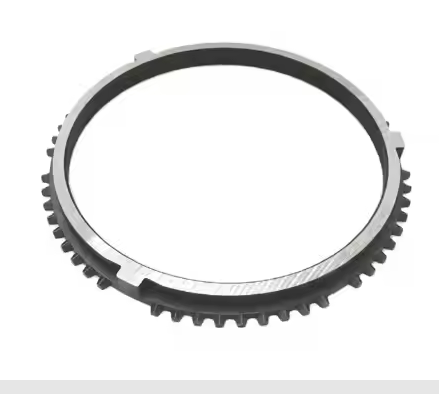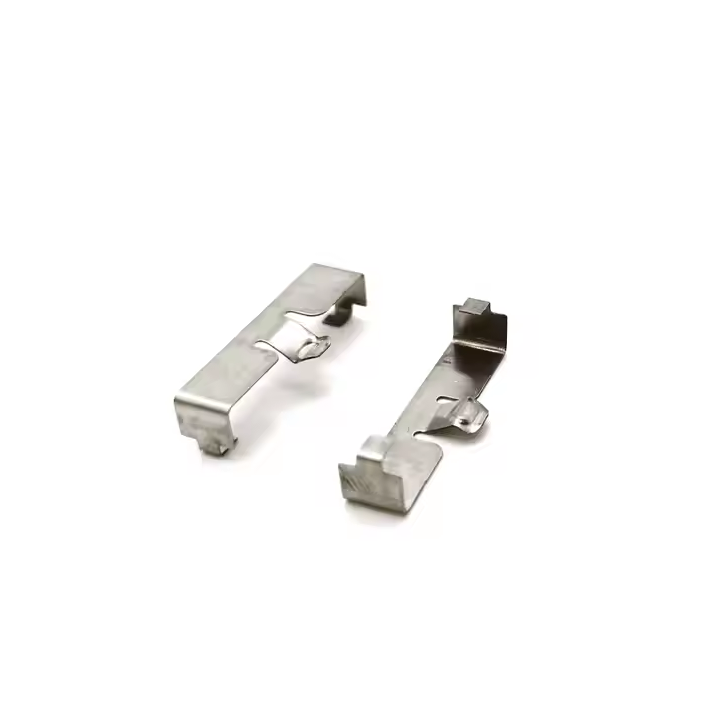As an advanced metal casting process, differential pressure casting has been widely used in industrial production in recent years. Compared with the traditional gravity casting method, differential pressure casting controls the gas pressure in the mold to inject molten metal, greatly improving the quality, precision and production efficiency of castings. This process is particularly suitable for the casting of non-ferrous metals such as aluminum alloys and zinc alloys. Because it can effectively fill complex mold shapes and reduce casting defects, it is widely used in many fields such as automobiles, electronics, and machinery.
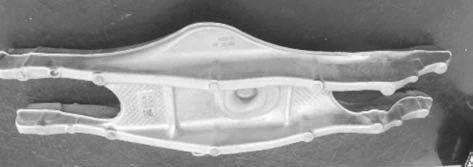
Concept of differential pressure casting
Differential pressure casting (also known as low pressure casting) is a process method for casting metal parts, mainly used for casting non-ferrous metals such as aluminum alloys and zinc alloys. Compared with traditional gravity casting, differential pressure casting controls the gas pressure difference during the casting process to achieve the injection of molten metal, thereby improving the quality and precision of castings.
Principle of differential pressure casting
The basic principle of differential pressure casting is to use the gas pressure difference to push the molten metal to fill the mold. The specific steps are as follows:
Melting: Melt the metal material (such as aluminum, zinc, etc.) at high temperature to form molten metal.
Pressing: Establish a certain gas pressure under the casting mold. The pressure is usually between 0.02 and 0.1 MPa (2 to 10 kg/cm²). The gas pressure is applied to the top of the container, so that the molten metal enters the mold through the injection port under the influence of gravity.
Filling: The molten metal flows into the mold cavity under the action of gas pressure to ensure that the mold is completely filled and reduce the generation of bubbles and inclusions.
Cooling and solidification: The metal cools and solidifies in the mold to form a casting.
Demolding and finishing: After the casting is completed, the mold is opened to take out the casting and necessary post-processing is performed.
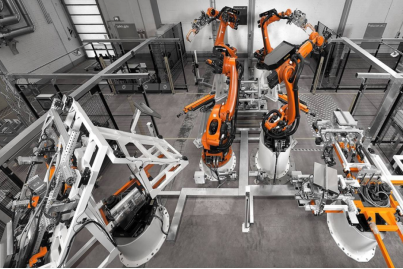
Equipment and materials for differential pressure casting
Casting machine: includes injection system, pressure control system, cooling system, etc.
Melting furnace: equipment used to heat metal to a molten state.
Mold: usually made of cast iron, steel and other materials, with good wear resistance and thermal conductivity.
Materials used
Aluminum alloy: such as A356, A380, etc., suitable for automotive and aviation parts.
Zinc alloy: widely used for small and complex parts.
Magnesium alloy: used for applications that require lightweight.
Analysis of the advantages and disadvantages of differential pressure casting
Advantages
High casting quality: Reduce pores and defects, improve casting strength.
High precision: The casting size and shape accuracy are high, which can reduce the amount of subsequent processing.
Complex structure capability: Ability to cast parts with complex shapes.
Recycling: Unused molten metal can be recycled and reused.
Disadvantages
High mold cost: The manufacturing cost of high-quality molds is high.
High requirements for metal and pressure control: High requirements for equipment and raw materials.
Productivity limitations: For small batch production, the efficiency may not be as good as other casting methods.
Differential pressure casting application cases
Automotive field
Engine cylinder head: The differential pressure casting process can produce cylinder heads with higher strength and mechanical properties.
Wheel: The differential pressure casting process is used for aluminum alloy wheels, which can achieve lighter weight and better appearance.
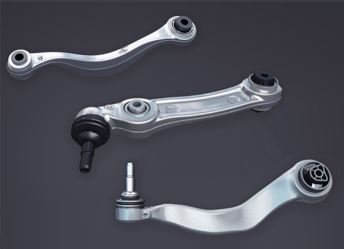
Electronics Industry
Mobile phone housing: Aluminum alloy housing produced by differential pressure casting has uniform thickness and stable structure, providing good heat dissipation performance.
Home appliances
Air conditioner housing: Air conditioner housing using differential pressure casting has excellent surface finish and strength.
Tools and mechanical equipment
Gears and valve bodies: Suitable for differential pressure casting, can maintain good dimensional accuracy and surface finish.

As an efficient and precise casting process, differential pressure casting has demonstrated its irreplaceable value in many industries. Whether in automobiles, aviation, or in the manufacture of electronic products and mechanical equipment, differential pressure casting has won wide recognition for its superior performance and outstanding economic benefits. In the face of increasingly severe market competition and product quality requirements, it is particularly important to choose a suitable casting partner.
Xuanmin has rich experience and advanced technology in the field of differential pressure casting, and is committed to providing customers with high-quality castings and excellent services. With a professional R&D team, high-level production equipment and strict quality control system, we can ensure that every product can meet customer requirements and industry standards. At the same time, we also focus on close cooperation with customers and provide customized solutions to meet the specific needs of different customers.
